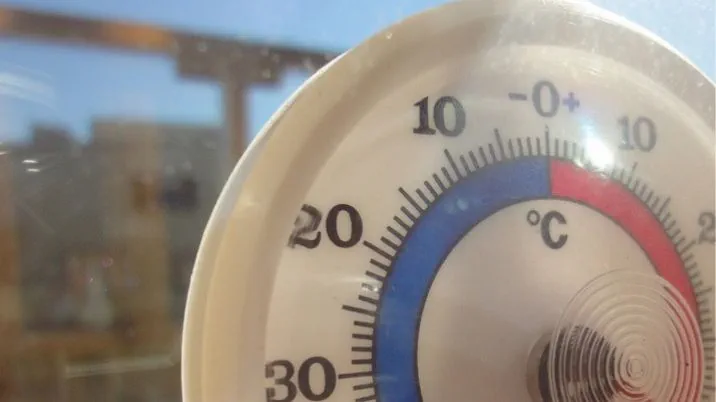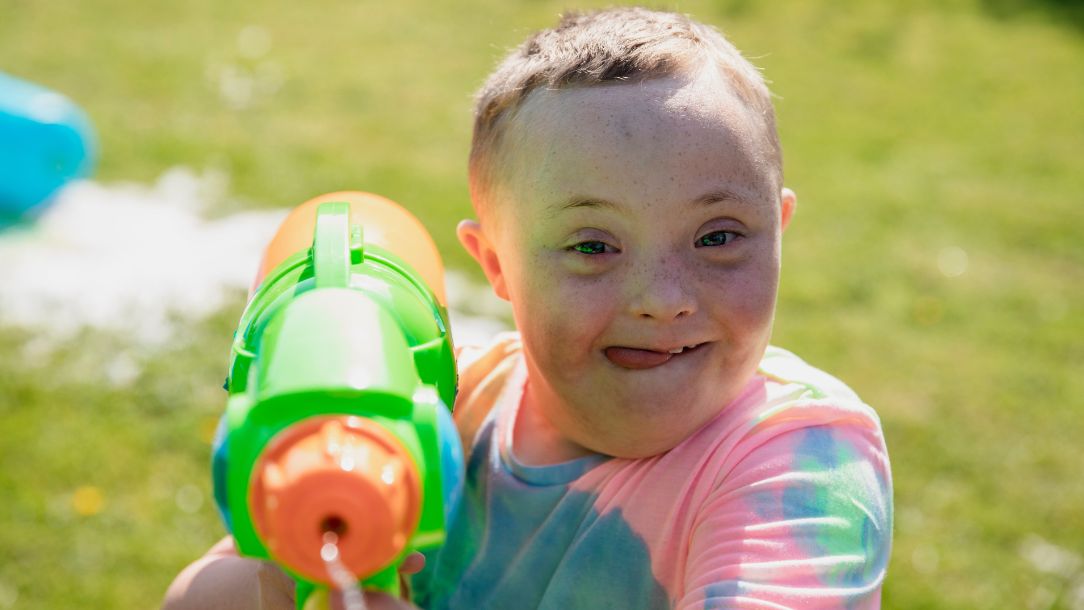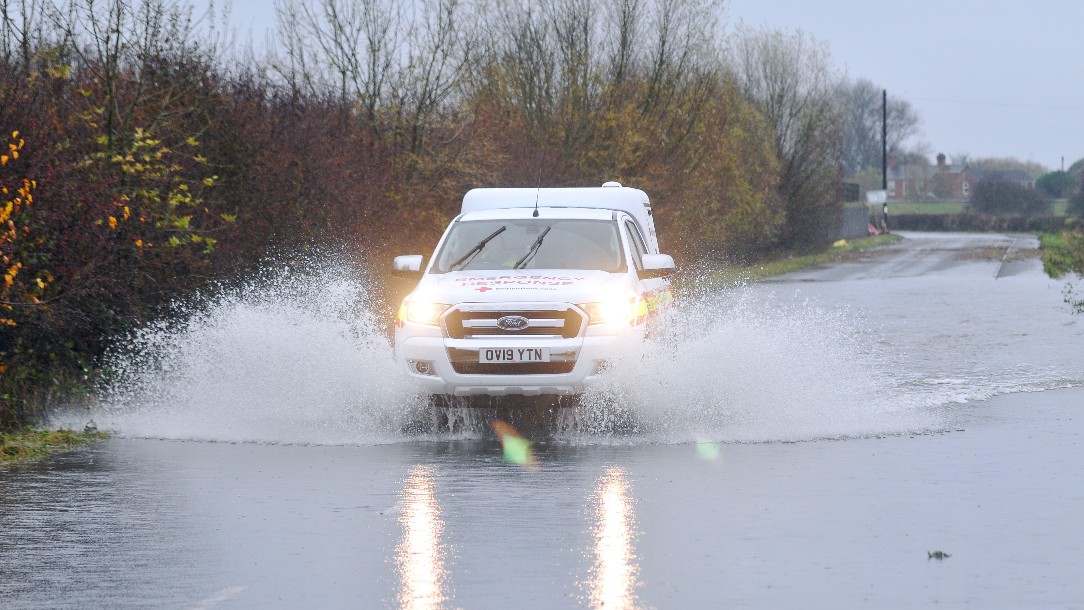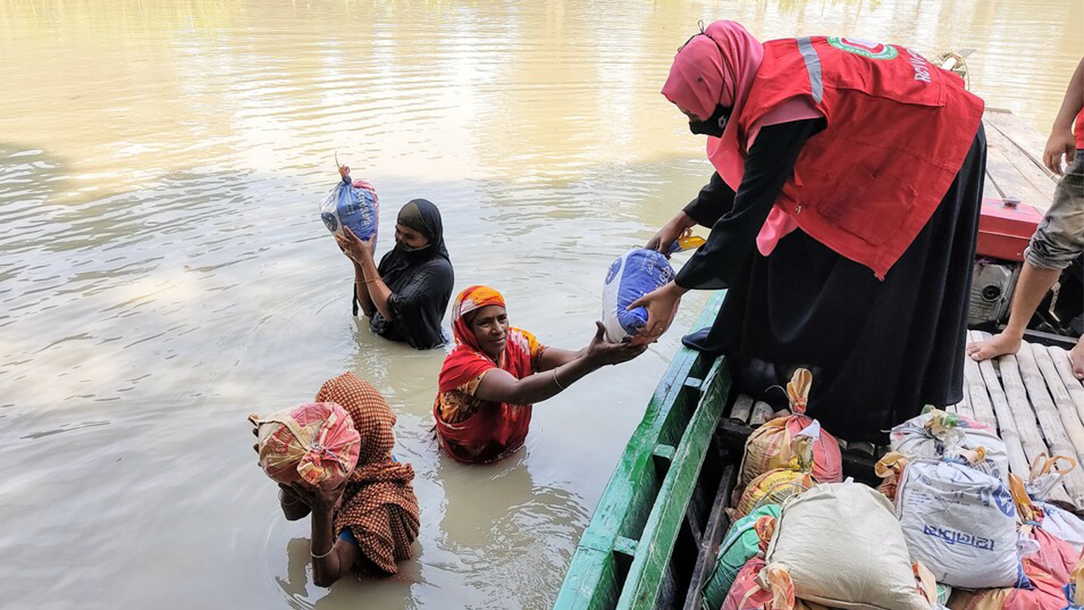Staying safe in the sun: first aid advice for heatwaves and extreme heat
Last updated 23 April 2024
Heatwaves are happening around the world, including the UK - and due to climate change, they're getting hotter and longer.
Heatwaves mean heat stroke and other heat-related illnesses will be on the rise. Here, one of our first aid experts give us first aid advice to stay safe in the sun.

Heatwave first aid tips you should know
When the sun starts shining, we tend to think of ice creams, days spent outside in the park, or on the beach. However, this doesn't mean there aren't risks associated with warm weather, especially if temperatures become dangerously high. Make sure you know the basics of some common first aid skills you might need in an emergency.
Heat exhaustion
Heat exhaustion is caused when your body fights to maintain its core temperature - 37.5C. When the surrounding environment is hotter than that, your body grows tired and heat exhaustion sets in.
Symptoms
- a headache
- dizziness and confusion
- feeling sick
- sweating
- cramps in the arms, legs, and stomach
- fast pulse
- high temperature
- feeling thirsty
How to help
- help the person to a cool place and get them rest
- give them plenty to drink
- seek medical advice
Find out more about heat exhaustion with our first aid advice.
We also have heat exhaustion advice for children and babies.
Heatstroke
Heat stroke can happen when you're exposed to very high temperatures, especially if you're not used to them. If heat exhaustion is not treated, it can become heatstroke.
Symptoms
- dizzy or confused
- headaches or cramps sweating,
- cooler skin to the touch
- paler than usual - depending on your skin tone, this could mean your skin looks ashen, grey or a more yellowish hue. It might be easier to notice this change in colour on the palms of hands, nails, eyes, gums or tongue. feel nauseous, with fast breathing and heart rate
How to help
Seek medical help, call 999 immediately.
More first aid advice for heatstroke.
Dehydration
Dehydration can occur when your body loses more water than it takes in, often as a result of sweating in hot weather.
Symptoms
- dry mouth
- dizziness and confusion
- headache
- reduction in or dark urine
How to help
Drink plenty of water and avoid alcohol or caffeine as they can make dehydration worse.
More first aid advice on helping someone with dehydration.
Sunburn
Sunburn is skin damage caused by too much sun exposure.
Symptoms
red and painful skin (these symptoms can take up to five hours to appear)
How to help
- move the person out of the sun and encourage them to drink sips of cold water
- cool the affected skin with cold water or encourage them to soak in a cold bath for up to 20 minutes
- calamine or after sun lotion may also soothe the skin
More advice about dealing with burns and learning first aid to deal with them.
Hay fever
Hay fever is an allergic reaction caused by high pollen levels. Warm, sunny weather can increase pollen levels in the air, so it is important to watch out for updates on this in the weather forecast.
Symptoms
- sneezing
- itchy eyes
- runny nose
How to help
Most symptoms can be treated with medicines called antihistamines which help relieve the symptoms of allergies. Other measures include:
- wearing wraparound sunglasses to stop pollen getting in the eyes
- showering and changing clothes after being outside to wash pollen off
- remaining indoors when pollen levels are high
More first aid advice about dealing with someone with an allergic reaction.
Remember: You can also get advice from NHS 111 and if it's an emergency, call 999.
Advice for vulnerable groups during a heatwave
Anyone can be affected by hot temperatures, but there are certain groups who are more at risk than others. If you are one of these groups, or know someone that is, make sure you know what to look out for.
Remember, this is only general guidance and if you are concerned it's best to contact your medical provider for support.
Someone who is pregnant
Someone who is pregnant, should follow the same general advice as everyone else, but should also take extra care during times of extreme heat or a heatwave, this includes:
- the risk of sunburn is great during pregnancy so it's important to wear sunscreen and avoid the sun when possible
- someone who is pregnant is more prone to swelling in their hands and feet due to fluid retention, which gets worse in hot weather
- someone who is pregnant should make sure they rest in the shade, and if necessary, cool their hands and feet in cool water
- the increased demand on the circulatory system also means it's even more important to maintain good levels of hydration
Learn more about first aid for dehydration.
Someone who is elderly
Someone who is elderly, should follow the same general advice as everyone else, but they may be less able to adjust to temperature extremes. Pre-existing medical conditions can also complicate or worsen their response to hot weather. Actions to take in hot weather include:
- keeping out of the sun
- staying covered
- keeping well-hydrated
- making sure there is adequate ventilation
Elderly people may not be able to do these things for themselves, so could need extra help from friends, family, or neighbours. Remember to look out for others in hot weather and check if they need assistance with anything to help them stay safe.
Someone who has a medical conditions
People with medical conditions such as diabetes, obesity, or limited mobility are more vulnerable to the effects of heatwaves and hot weather, but the advice for specific conditions remains generally the same.
Anyone with a medical condition should be advised to follow advice from medical professionals and to seek medical aid if concerned.
Staying safe in a heatwave
Hot weather puts people's health and wellbeing at risk and knowing how to keep cool in a heatwave is important. As a result of climate change heatwaves and periods of prolonged heat are become more common, make sure you're prepared.
How you can help in a first aid emergency
In an emergency first aid can save lives. There are many ways to learn with the Red Cross. Choose your own path to gain new skills and confidence to help.
Read more about heatwaves and the impact of climate change

Beat the hot weather: top tips for staying cool
How to cope with heat: Learn how to keep cool in a heatwave with our top tips for cooling yourself down in hot weather.

Are extreme weather events becoming more frequent?
The Met Office’s senior climate scientist Nikos Christidis explains the link between extreme weather events and climate change

"Climate change is not a future problem - it's here and now"
The IPCC states that climate change is already contributing to humanitarian crises